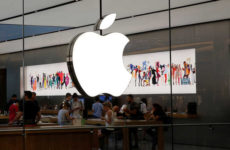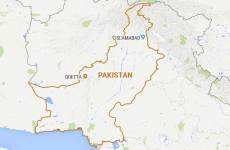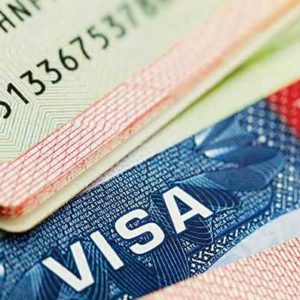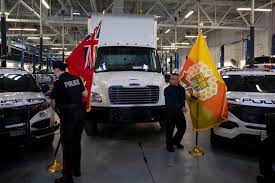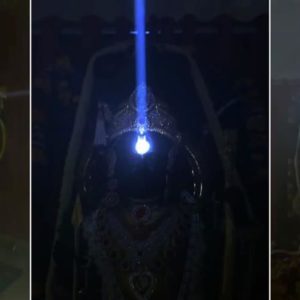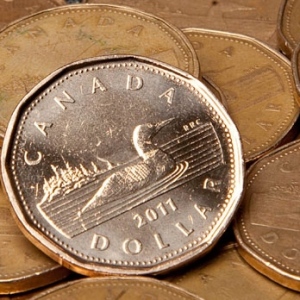The future of Europe may rest on whether NATO can recover its roots.
With Russian President Vladimir Putin “land grabbing” and violating international law, the alliance is finding itself “brought back to its core,” says Jaap de Hoop Scheffer, NATO’s former secretary general. But it isn’t prepared.
When NATO was founded in 1949, its central task was to protect its members against military aggression and work to promote democracy — which, in the years following, often meant standing against the Soviet empire.
The alliance declares success in achieving that goal peacefully, saying on its website that “throughout the entire period of the Cold War, NATO forces were not involved in a single military engagement.”
But things changed after the Cold War. The focus was no longer on Russia. NATO says “new threats” emerged. The alliance got involved militarily in Bosnia and Herzegovina in the 1990s, and later in Macedonia. It established a military force in Afghanistan, and has forces in Somalia and some other parts of Africa.
Now, Russia is increasing its reach, and getting close to NATO terrain. It annexed Ukraine’s Crimean Peninsula in March and is accused of sending its troops into eastern Ukraine in support of pro-Russian rebels, a claim that Moscow denies. So, 55 years into its existence, NATO finds itself, as the Financial Times put it, going “back to the future.”
Just how to do that is a central question as the alliance convenes its summit in Wales.
“The problem NATO has is it’s not fully ready to be able to protect its own members,” Robin Niblett, director of the think tank Chatham House, told CNN. NATO’s military preparedness is “paltry compared to the kinds of steps the Russians are taking.”
NATO wants each of its 28 member nations to spend 2% of their gross domestic product on defense. While the United States and Britain meet the target, 24 member nations don’t. There has been a “sort of cozy mentality that the Cold War has gone and we can focus just on domestic investment,” Niblett says.
Breaking News
 Veteran Punjabi film actor Nirmal Rishi receives Padma Shri
Veteran Punjabi film actor Nirmal Rishi receives Padma Shri ‘Apple may employ 5 lakh people in India in 3 years’
‘Apple may employ 5 lakh people in India in 3 years’ Gurdwara Sri Hemkund Sahib yatra to start from May 25
Gurdwara Sri Hemkund Sahib yatra to start from May 25 Tough fight for Harsimrat Badal in Bathinda as kin Manpreet, Fateh pitch for rivals
Tough fight for Harsimrat Badal in Bathinda as kin Manpreet, Fateh pitch for rivals Amritdhari Sikh booked in Italy for carrying kirpan
Amritdhari Sikh booked in Italy for carrying kirpan Former Punjab Congress chief Mohinder Singh Kaypee joins SAD
Former Punjab Congress chief Mohinder Singh Kaypee joins SAD 66,000 Indians officially became American citizens in 2022: CRS report
66,000 Indians officially became American citizens in 2022: CRS report Cash-strapped Pakistan makes formal request to International Monetary Fund for another bailout
Cash-strapped Pakistan makes formal request to International Monetary Fund for another bailout Kejriwal stopped taking insulin months before arrest
Kejriwal stopped taking insulin months before arrest Girls again, clinch top three spots in Class X PSEB exams
Girls again, clinch top three spots in Class X PSEB exams India begins voting in gigantic election as Modi seeks historic third term
India begins voting in gigantic election as Modi seeks historic third term Dubai continues to reel from storm damages
Dubai continues to reel from storm damages





